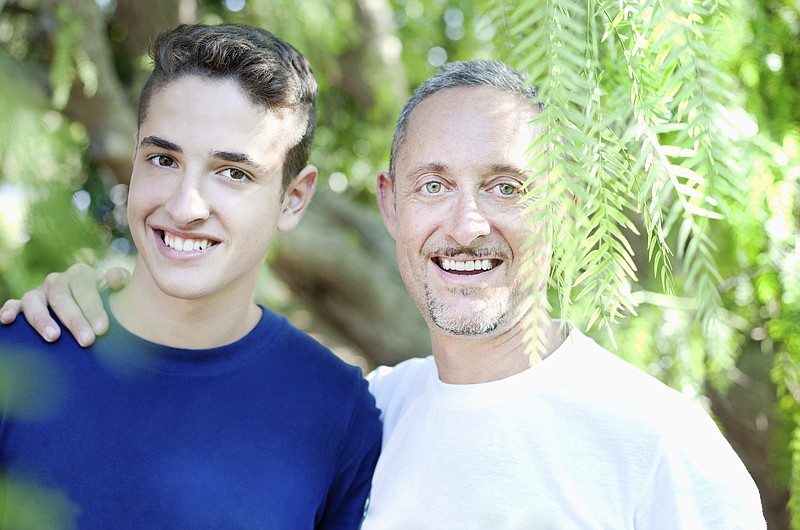Stephen Covey used to start conversations with "How are you?" He would listen intently to the response and then ask about family, work and life. In "The 7 Habits of Highly Effective People," he wrote, "When you show deep empathy toward others, their defensive energy goes down and positive energy replaces it. That's when you can get more creative in solving problems."
Mohsin Hamid, an award-winning British Pakistani author, has defined empathy as "finding echoes of another person in yourself."
Our children have an amazing capacity to show empathy when someone is hurt, or struggling, or when a friend has a different belief or idea or experience from their own.
We have frequent opportunities to exhibit empathy in our lives and teach it to our children. How often do we take advantage of those opportunities?
What empathy is
We feel empathy when we understand things from another person's perspective. A rare thing these days. Yet, empathy is critical to building a healthy society. It helps us understand each other. It removes obstacles to forward motion and allows us to help each other. When you really see others, it raises awareness, provides perspective, decreases hostility and promotes kindness.
Empathy makes it easier to solve problems. It provides us with patience and clarity and allows us to respect the thoughts and feelings of others. Empathy can calm anxiety and fear and help us control our emotions. It can help us to be more tolerant.
Empathy can have an important impact on reducing bullying by enhancing self-awareness, increasing understanding and improving resiliency. A greater sense of empathy helps our children befriend others, and it can have great dividends for us adults too, in our relationship with our partner and in our everyday dealings.
Increasing empathy
Our children are wired for a sense of community. We can help them develop this by asking them to reflect on their feelings, to imagine what someone we come across is feeling or by making a gift for a relative or friend.
* Try being silent for five minutes and focus on your breath. Gently move away any thoughts that come into your mind. Be quiet, inside and out.
* Be intentful in listening to someone. What are they saying and what are they feeling? Open your ears and close your lips.
* Tune in to your own feelings. What is your body doing? Listen to your heart. Feel your stomach. Are you nervous? Stressed? Distracted?
In a recent article in Forbes, Teri Citterman, CEO of Talonn, a leadership coaching organization, writes, "Why empathy? Because it has the ability to make a material difference in how leaders lead and people respond. When people feel like their boss knows them, they feel cared for and heard; it translates to inspired and motivated employees. Their trust increases. Creativity increases. Most importantly, people who feel cared about feel safe. They feel like they matter and that their work has purpose."
It's true for our children as well.
Tom Tozer and Bill Black are authors of "Dads2Dads: Tools for Raising Teenagers." Like them on Facebook and follow them on Twitter at Dads2Dadsllc. Contact them at tomandbill@Dads2Dadsllc.com.

